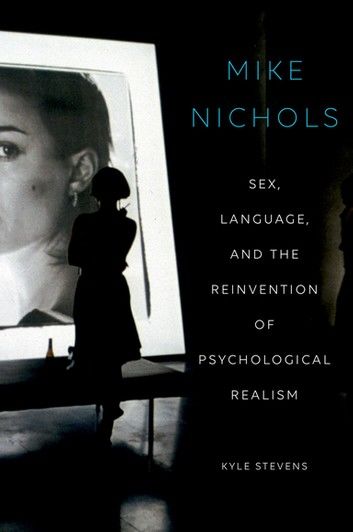With iconic movies like Who's Afraid of Virginia Woolf?, The Graduate, and Carnal Knowledge, Mike Nichols was the most prominent American director during the cultural upheavals of the 1960s. Mike Nichols: Sex, Language, and the Reinvention of Psychological Realism argues that he overhauled the style of psychological realism, and, in doing so, continues to shape the legacies of Hollywood cinema. It also reveals that misreadings of his films were central to foundational debates at the emergence of Cinema Studies as a discipline, inviting new reflections on critical dogma. Focusing on Nichols' classic movies, as well as later films such as Silkwood, The Birdcage, and Angels in America, Kyle Stevens demonstrates that Nichols' realism lies not in the plausibility of his characters but in their inherent mystery. By attending to the puzzling words and silences, breaths and laughter, that comprise these characters, Stevens uncovers new insights into the subversive potential of a range of cinematic elements, and reveals how Nichols' satirical oeuvre, and Hollywood itself, participated in several of the nation's most urgent social, political, and philosophical advances.












